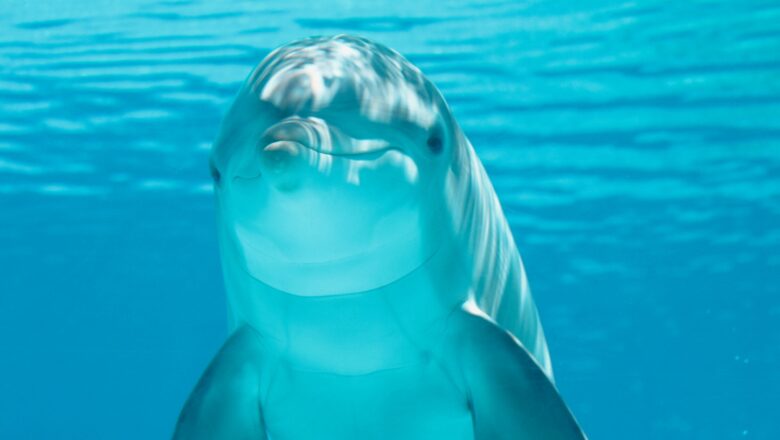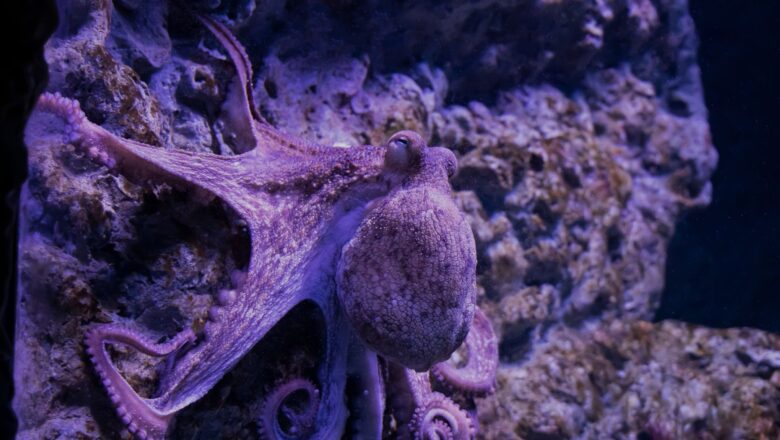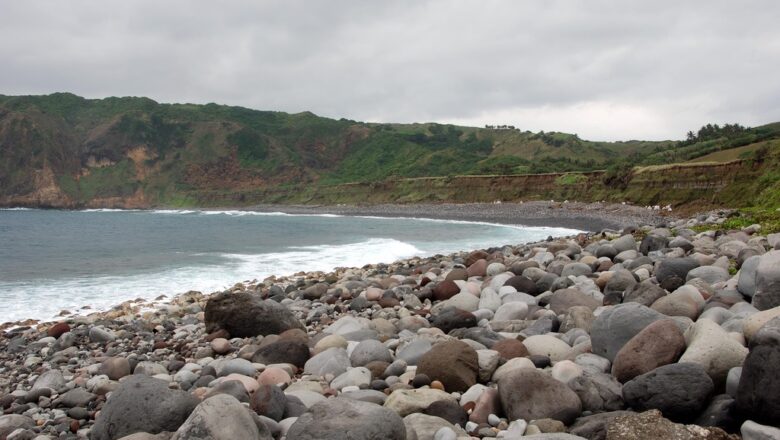
Sawmill Sink: A Time Capsule of The Bahamas’ Ancient Past
Nestled on Great Abaco Island in The Bahamas, Sawmill Sink a mysterious blue hole has revealed an extraordinary trove of fossils that shed light on the island’s ancient history. For over a decade, beginning in 2005, researchers plunged into the perilous depths of this natural wonder, uncovering secrets from a world long vanished.
"This was probably the most important site I'd ever had a chance to get involved with," said David Steadman, curator emeritus at the Florida Museum of Natural History.
However, these groundbreaking explorations came to a halt five years ago when a devastating hurricane wreaked havoc on Great Abaco, disrupting the fossil collection efforts and leaving the remaining treasures submerged, possibly forever.
Formation of Sawmill Sink
Sawmill Sink, like other...






